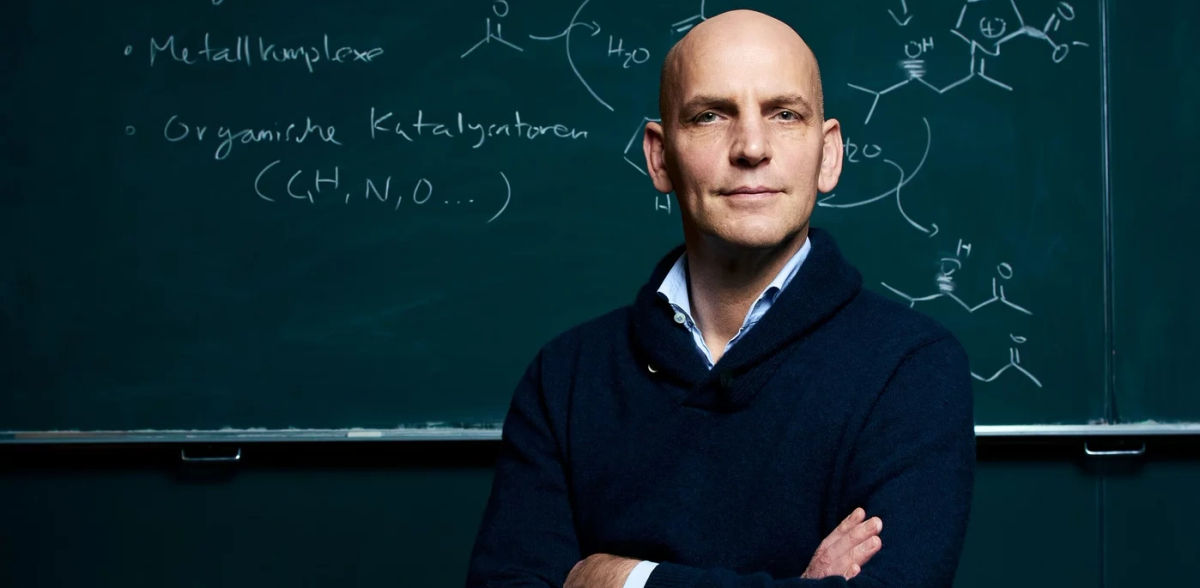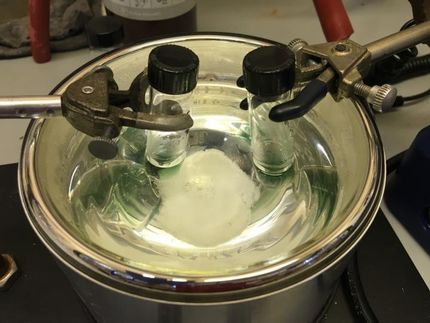Catalysts from Mülheim get „lazy guys“ going
Aliphatic molecules are important for industry, but usually not very reactive. A new catalyst has changed that
So-called aliphatic hydrocarbons play a major role in the chemical industry, but are not easy to handle from a scientific point of view. These special molecules form precursors of desired substances in many important reactions - for example in the production of gasoline. However, as they have almost no functional groups, these molecules are not particularly reactive. In order to activate them, industrial processes usually require additional, highly reactive reagents and high temperatures. In addition, the reactions involving aliphatic molecules are often not particularly selective. This means that there are often undesirable by-products.
The research group led by Prof. Dr. Benjamin List from the Max Planck Institut für Kohlenforschung, has now succeeded in getting the rather "lazy" particles to react after all - without the previously necessary addition of further reagents and without the aforementioned high temperatures. The choice of the right catalyst plays a key role here.
"We used our super-acidic, confined imidodiphosphorimidate (IDPi) catalysts," explains Vijay Wakchaure, researcher from Benjamin List's department. Their team has been working with strong and confined acids as catalysts for quite some time. List is convinced that these acids have what it takes to catalyze all kinds of reactions.
However, the fact that these strong and confined acids from the List laboratory are used as catalysts for asymmetric reactions in which both the substrate and the product are pure aliphatic hydrocarbons is new.
"We have achieved excellent regio- and enantioselectivity with our catalyst," emphasizes Vijay Wakchaure. Specifically, the team has been working on so-called cationic Wagner-Meerwein rearrangement, a reaction named after Georg Wagner and Hans Meerwein. This type of reaction is of great importance for chemical synthesis and biosynthesis. List and his team have also been able to show that the new method is also suitable for reactions in which aromatic hydrocarbons are used as substrates.
Original publication
Other news from the department science

Get the chemical industry in your inbox
By submitting this form you agree that LUMITOS AG will send you the newsletter(s) selected above by email. Your data will not be passed on to third parties. Your data will be stored and processed in accordance with our data protection regulations. LUMITOS may contact you by email for the purpose of advertising or market and opinion surveys. You can revoke your consent at any time without giving reasons to LUMITOS AG, Ernst-Augustin-Str. 2, 12489 Berlin, Germany or by e-mail at revoke@lumitos.com with effect for the future. In addition, each email contains a link to unsubscribe from the corresponding newsletter.





























































